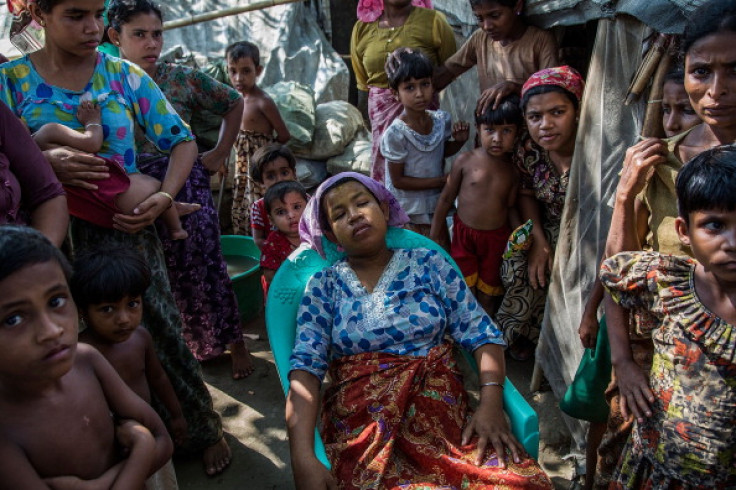US President Barack Obama Urged to Visit Rohingya Muslims in Myanmar to Halt 'Appalling' Persecution

US President Barack Obama has been urged to meet with the Rohingya Muslim minority during his visit in Myanamar in November.
A government's agency urged the president to act in order to halt what it called "seious violence" carried out against the minority in the predominately Buddhist country, also known as Burma.
"The political reform process in Burma is at great risk of deteriorating if religious freedom and the right to equal treatment under the law are not honoured and protected," the United States Commission on international Religious Freedom (USCIRF) said in a report.
"USCIRF is concerned that recent openings have coincided with serious and alarming violence against religious and ethnic minorities."
"The United States and the international community need to ensure that religious freedom and related human rights remain a high priority in their engagement with the Burmese government while also assisting those in Burma subject to religious-based abuses," the report said.
The commission defined the persecution as "appalling" and said its team was "struck by the bigotry and chauvinism exhibited by important religious figures within the Buddhist community.
The Rohingya, originally from Bangladesh, have been classified by the UN as "one of the most persecuted minorities in the world".
Buddhist extremists refuse to acknowledge the Rohingya and claim they are Bengalis who belong in neighbouring Bangladesh.
Violence against Myanmar's Muslims has intensified over the past two years, incited by extremist monks and the anti-Muslim '969' campaign, which urges Buddhists to stop interacting with the Rohingya and boycott their businesses.
A New York Times short documentary shows how Myanmar authorities confine the Rohingya to "quasi-concentration camps" or to their own villages, with reduced/minimal access to medical care and education.
Recent reports have claimed that Myanmar authorities have beaten and arrested Rohingya Muslims who refused to register with immigration officials.
Witnesses told the news agency that authorities raided the villages of the Rohingya to force them to admit they are illegal immigrants from neighbouring Bangladesh.
The move comes after the government publicly offered citizenship to the Muslim minority, in exchange for registering their identities as Bengali.
More than 230 people have been killed in religious violence in Myanmar since June 2012 and more than 140,000 have been displaced.
© Copyright IBTimes 2024. All rights reserved.







